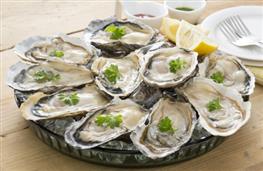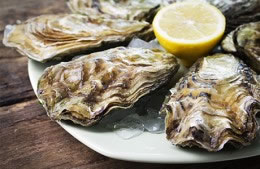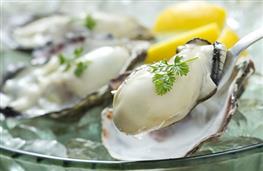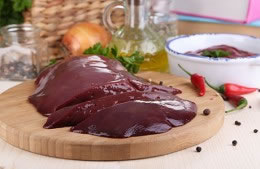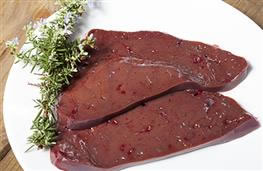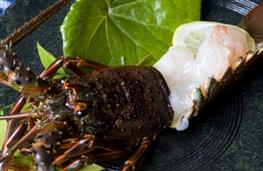Zinc
Health benefits of Zinc:
Contributes to your immune system, DNA creation, eyesight, cell division and protection, and to your ability to process information
The Worlds Science
See the bottom of this page for the ingredients highest in zinc
What is zinc?
Zinc is a mineral that is required for hundreds of vital chemical reactions that take place in our bodies to maintain health.
Why does it matter to me?
What happens if I don’t get enough?
What is zinc?
Zinc is a mineral that is required for hundreds of vital chemical reactions that take place in our bodies to maintain health.
Why does it matter to me?
- Over 300 enzymes are dependent on zinc to function; enzymes are vital for life and play a significant role in digestion and metabolism.1,2
- Zinc plays a role in inducing appropriate cell death (apoptosis) which protects us from several chronic diseases.3
- Zinc plays a significant role in immune function,4,5 the formation of proteins5, DNA creation2,5 and cell division.5
- Zinc also supports normal growth and development during pregnancy, childhood, and adolescence.6-8
- There is some evidence to support the role of zinc in delaying the onset of age-related macular degeneration (AMD) which accounts for nearly 50% of blindness’ in Europe and North America.12
What happens if I don’t get enough?
A recent and extensive review of the literature concluded that zinc-deficient individuals experience increased susceptibility to a wide variety of viral and bacterial infections9.
In recent years zinc deficiency has been linked to the development and maintenance of several severe conditions including depression10 and both Alzheimer’s and Parkinson’s disease.11
It has been estimated that a significant proportion of pregnant women worldwide are likely to have inadequate zinc intakes, leading to low birth weight, premature delivery and birth defects.13
Recent evidence suggests that zinc deficiency may play a role in the development of prostate cancer, this is very recent evidence and is an implication based on test tube studies.14
Who’s at a high risk of zinc deficiency?
- Pregnant and breast feeding women
- People with a high consumption of alcohol
- Adults over the age of 65
People whose major staples are of grains and legumes can lead to zinc deficiency as the phytic acid in these foods can reduce the absorption of zinc.15
What’s the best way to get zinc from food?
Encouragingly, a wide variety of food sources contain zinc with red meat and poultry provide the overwhelming majority of zinc in the UK diet. Interestingly, oysters contain more zinc per serving than any other known food source.
Other food sources include beans, nuts, whole grains, and dairy products.
Review date: 2/9/2022
Next review date: 2/9/2023
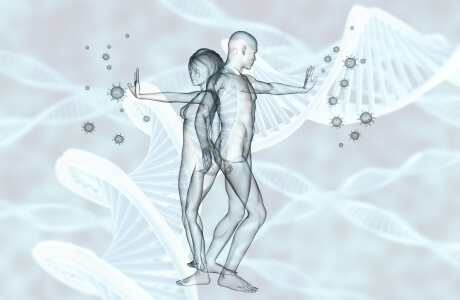
291
445
https://www.checkyourfood.com/content/blob/Micronutrients/top-foods-for-Zinc.jpg
Top 6 ingredients for Zinc taking into account portion size and cooking retention factors
Filter ingredients by:

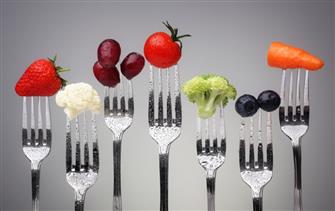 About nutrients
About nutrients
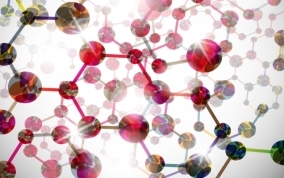 All nutrients
All nutrients
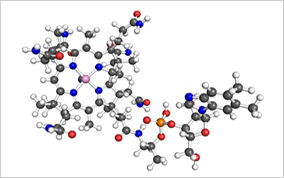 vitamins
vitamins
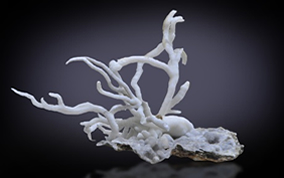 minerals
minerals
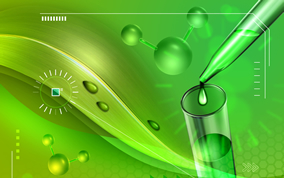 phytochemicals
phytochemicals
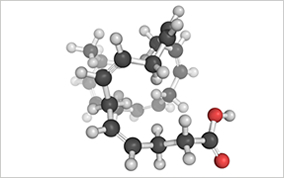 fatty acids
fatty acids
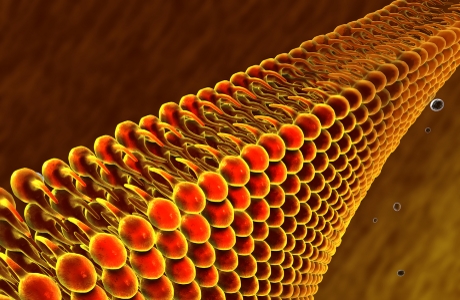 macronutrients
macronutrients
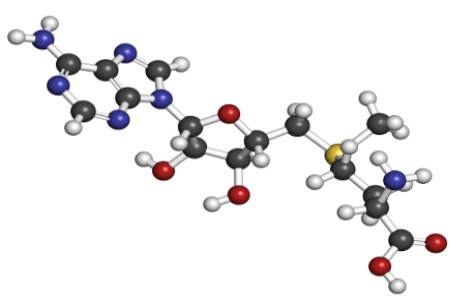 amino acids
amino acids
